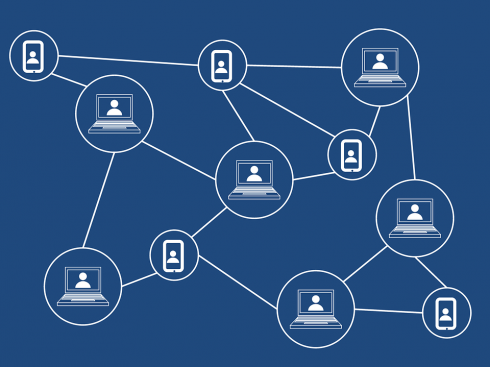
Businesses want data on their customers. Customers want to protect their privacy, and ensure their information isn’t being misused. The General Data Protection Regulation in the European Union and the California Consumer Privacy Act in the United States are making efforts to protect personal data, but is there a better way?
A newly released report believes blockchain technology could be the answer. According to the report, 71 percent of decision-makers believe the use of blockchain technology can help boost consumer confidence in their ability to secure personal data.
Technology services company Globant released its 2019 Blockchain Technology Business Guide to explore how organizations can successfully integrate blockchain technologies into business processes. The guide is based on responses from more than 650 senior-level people in marketing, IT and operations.
RELATED CONTENT:
California Consumer Privacy Act follows in the GDPR’s footsteps
Industry Watch: It’s time for data privacy legislation
Data Privacy Day highlights the growing importance of data protection
“Blockchain brings a whole new level of accessibility and trust to an organization’s digital information,” said Alvaro Gareppe, technical director at Globant. “While before, companies struggled to find information buried in inefficient digital systems, blockchain technologies decentralize information in a way that allows for much faster sharing of company assets. Similarly, blockchain can help build trust both internally and externally.”
Trust, according to the guide, is a crucial component in today’s digital world — and the biggest way to measure trust is looking at how organizations share information. Unfortunately, the guide finds organizations are in the dark when it comes to who can actually access digital records.
“Under a blockchain solution, however, you can trust the information you give and receive every time,” the report stated. “Blockchain systems put trusted data into a single, immutable ledger where individuals can decide who should have access to their private information based on each new scenario. When you maintain ownership of your data, you can protect it and feel confident sharing that information with others, and having others share their information with you.”
Blockchain can also help organizations decentralize data. Ninety percent of respondents find their organization wastes too much time tracking down or sharing information, impeding the business’ ability to improve agility and performance. With blockchain solutions, businesses can shift away from in-house servers to distributed systems. “This approach gives every party involved access to information and the agency to do something with it. Decentralizing data saves your organization dollars, energy and headaches, and it ensures employees spend less time tracking down records and more time doing good work,” the guide stated.
Other findings from Globant include:
- Forty-two percent of organizations are still in the discovery phase of the blockchain journey
- Twenty-four percent of respondents waste over an hour tracking down digital information
- Blockchain technology is going beyond the enterprise and being applied to almost any type of record that shares information online.
In order for blockchain technology to truly take off and be successful, Globant believes it relies on contribution and collaboration from the community.
“In its earliest days, ‘blockchain 1.0’ efforts focused on developing the network and establishing best practices. Real-world use cases were mostly limited to cryptocurrencies. But today, ‘blockchain 2.0’ benefits from the addition of smart contracts and better facilitates binding interactions between players – inside and outside of the enterprise. Greater collaboration opens new doors for digital exchanges, but it also requires all players along the blockchain embrace tighter relationships and remain accountable to them,” the report stated.






